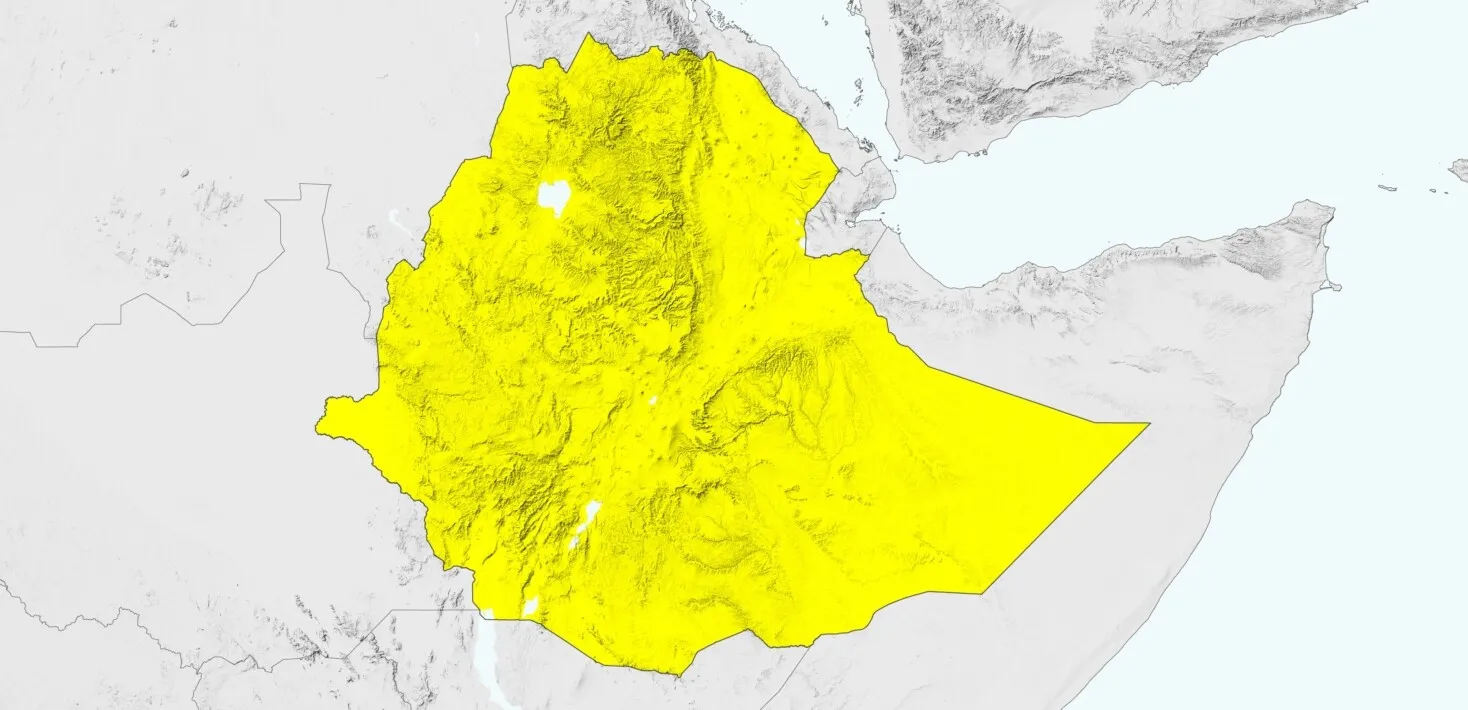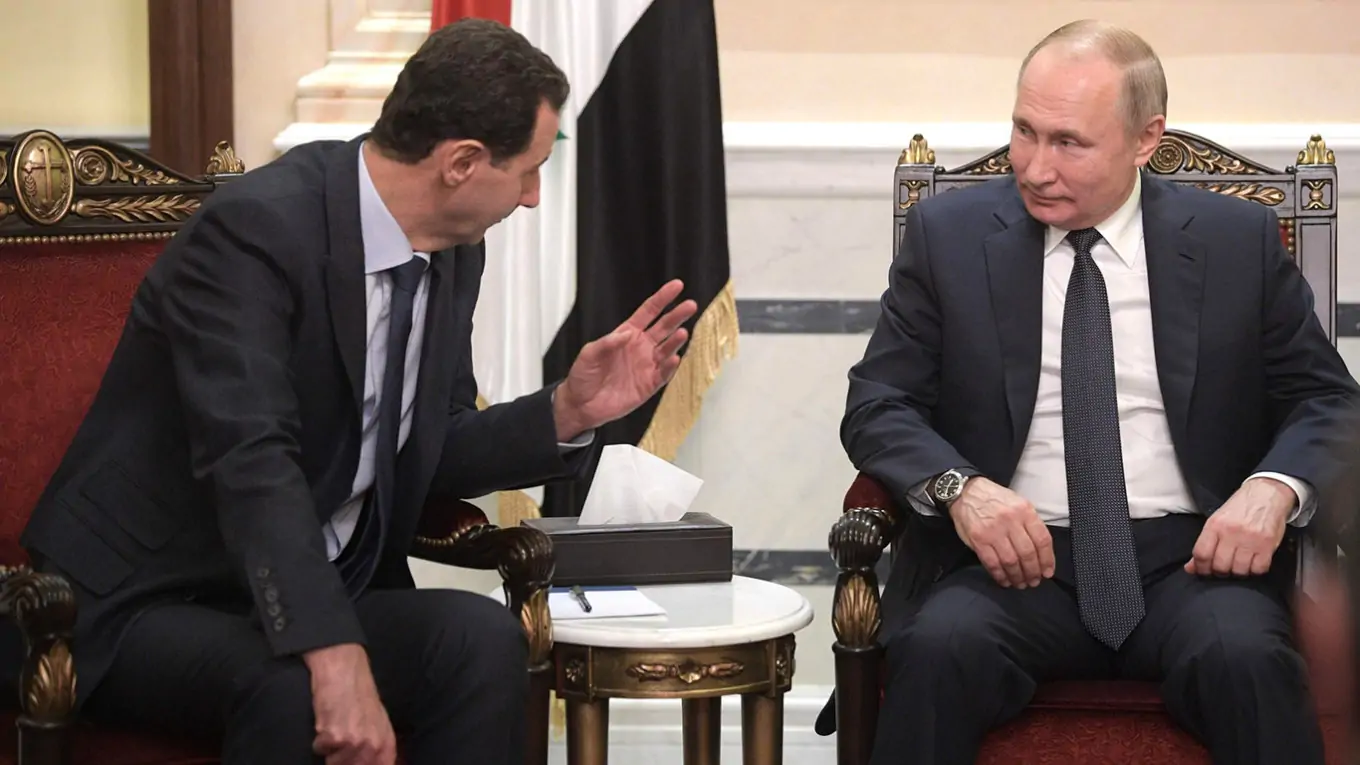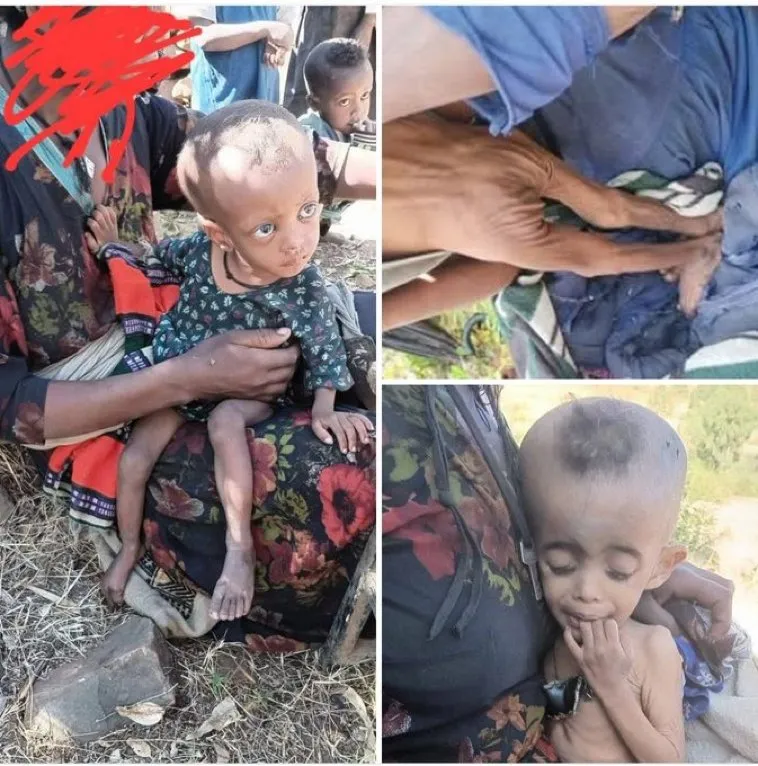
Ambassador-at-Large for Global Criminal Justice
Office of Global Criminal Justice
Beth Van Schaack, the U.S. Ambassador-at-Large for Global Criminal Justice, has called upon Ethiopian authorities to take decisive action by removing officials, including military personnel, who are implicated in human rights violations from their positions of authority. This recommendation is part of the broader transitional justice process that Ethiopia is currently undertaking.
During a digital press briefing that followed her visit to Addis Ababa, Ambassador Van Schaack suggested that military personnel facing allegations should be placed on administrative leave while investigations are conducted, characterizing this step as “a meaningful measure.” Additionally, she emphasized the necessity for the federal government to publicly acknowledge the human rights abuses that have taken place.
The Ambassador, who engaged in discussions with the Ministry of Justice regarding Ethiopia’s draft transitional justice legislation, expressed optimism about the progress made thus far. However, she also highlighted concerns regarding the shrinking civic space and the ongoing reports of atrocities, particularly in the regions of Amhara and Oromia.
The ongoing conflicts have been recognized as significant barriers to achieving comprehensive transitional justice, which may be deemed “difficult, if not impossible.” It is crucial for individuals to feel secure in order to engage in justice initiatives and express their views without fear.
Ambassador Van Schaack expressed that the U.S. government is cognizant of the diminishing civic space and the persistent reports of human rights violations, particularly in the regions of Amhara and Oromia. This awareness underscores the gravity of the situation and the need for international attention.
Furthermore, she commended the Ethiopian government for introducing five legislative proposals aimed at facilitating transitional justice. These proposals include the establishment of a special prosecutor’s office and mechanisms for truth-telling, which she described as “very solid starts” in the pursuit of justice and accountability.
The Ambassador remarked that the legislation is largely well-constructed, highlighting the valuable contributions made by international experts from Colombia, South Africa, the United States, and Europe during its development.
Nevertheless, she expressed apprehensions regarding the lack of transparency in the ongoing military court proceedings. “There is insufficient information available regarding who has been prosecuted, the specific crimes involved, and the sentences that have been handed down,” she stated, underscoring the urgent need for improved transparency in these matters.
Ethiopia’s Transitional Justice Policy, which received endorsement from the Council of Ministers in April 2024, delineates essential principles aimed at addressing the diverse experiences of victims affected by human rights violations, conflicts, and abuses that have transpired throughout various historical periods in the nation.
In June 2024, the Ministry of Justice revealed that it had finalized a draft roadmap aimed at executing the policy. This roadmap outlines strategies for the establishment of independent institutions, the coordination of diverse approaches, and the creation of mechanisms that promote inclusivity and sustainability.
Recently, the Ministry of Justice indicated that the directives for the implementation of Ethiopia’s Transitional Justice Policy are anticipated to receive approval in the forthcoming three months. This development marks a significant step towards the realization of the policy’s objectives.
The approval of these implementation directives is expected to facilitate a structured approach to transitional justice in Ethiopia, ensuring that the processes are both effective and aligned with the principles of inclusivity and sustainability. The Ministry’s efforts reflect a commitment to fostering a just and equitable society through the establishment of robust institutional frameworks.
Reported by AS

















